International
The vote count begins in Ireland with the three major parties tied
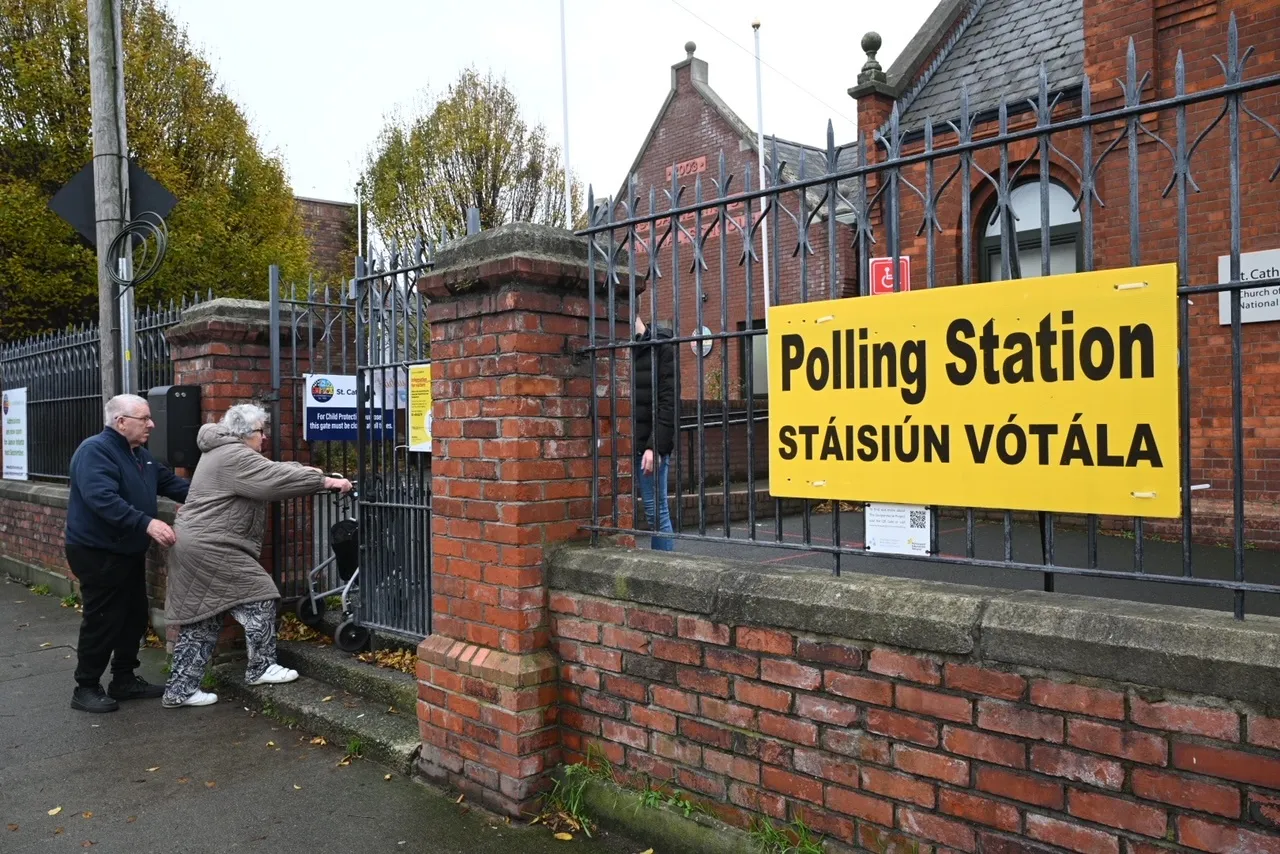
The vote count in Ireland, after the general elections last Friday, began this Saturday with the three major parties of the country in an apparent technical tie and exploring government pacts waiting to know the final result.
The vote count started at 9:00 a.m. GMT this Saturday, after a voting day in which the majority of the electorate, of almost 3.7 million, divided their first preferences between the leftist Sinn Féin of Mary Lou McDonald, the Christian Democrat Fine Gael of the Prime Minister, Simon Harris, and the centrist Fianna Fáil of Michál Martin.
Results according to a survey at the foot of the ballot box
According to a poll at the ballot box of the public broadcaster RTE and the newspaper ‘The Irish Times’, the three formations obtained 21.1%, 20% and 19.5% of the votes, respectively.
The campaign director of Fianna Fáil, Jack Chambers, said today that it is still early to guess who will win, since it will depend largely on the transfer of votes between candidates, as allowed by the complex Irish electoral system.
The centrist leader insisted, however, that his party does not contemplate a government pact with Sinn Féin, former political arm of the IRA, which indicates that they could reissue the historic coalition of the last legislature with the Fine Gael, in which the Greens also entered, who now obtain 4%.
Chambers highlighted that the aforementioned poll indicates that 35% of voters want their leader, Micheál Martin, to be the next ‘taoiseach’ (prime minister), while McDonald gets 34% and Simon 27%, in line with his drop in popularity during the campaign.
For her part, the nationalist leader has assured that she will seek support in the space of the left, a path that did not work for Sinn Féin after the 2020 elections, when it was the most voted, but remained one seat away from the Fianna Fáil.
In this regard, the leftist People Before Profit-Solidarity (PBP-S) criticized McDonald’s strategy today to ask for transfers of votes from his party to progressive candidates.
Its leader, Richard Boyd Barrett, who obtained 3.1%, maintained that Sinn Féin took too long to offer a “real alternative” of government in the face of the “obvious and historical decline” of centrists and Christian Democrats, rivals since the Civil War (1922-1923) and who have shared power since then.
Forced to look for pacts
With so much equality, the three parties are obliged to seek pacts between themselves and/or with other minority forces, while Harris and Martin have been in favor of re-editing, if needed, the pact of the last legislature.
The three leaders could also look at the independent bloc, which obtains 14.6% of the votes, while formations such as the Labor Party and the Social Democrat receive 5 and 5.8%, respectively, and run as possible partners.
Most likely, according to observers, Martin and Harris will join forces again, although their number of seats will determine who leads the negotiations and who will be the new ‘taoiseach’, a position that could be rotating again.
International
U.S. Targets Members of Outgoing Boric Administration With Visa Revocations
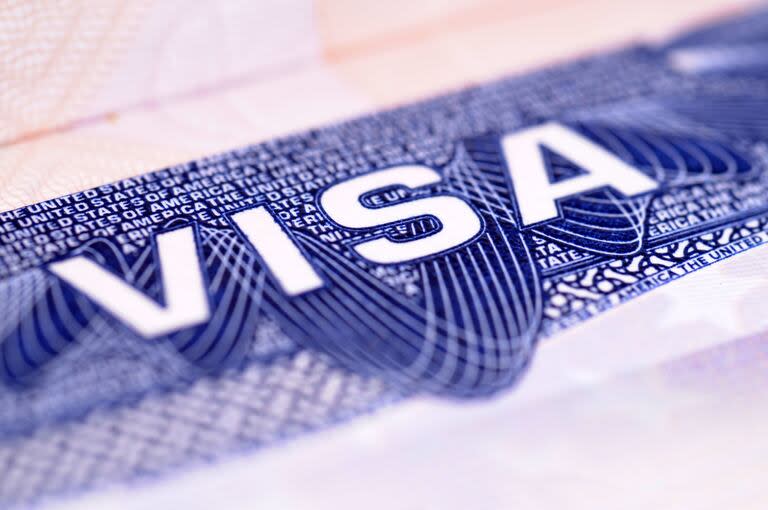
The United States government announced on Friday the revocation of visas for three Chilean officials—whose identities were not initially disclosed—citing activities that allegedly “undermined regional security,” an accusation that Chile denies.
In a statement, the U.S. Department of State did not provide specific details about the individuals involved but criticized the outgoing administration of leftist President Gabriel Boric.
“The legacy of the Boric government will be further tarnished by actions that undermine regional security to the ultimate detriment of the Chilean people,” the statement read. It was signed by U.S. Secretary of State Marco Rubio.
Chile’s Minister of Transport, Juan Carlos Muñoz, later confirmed in a video message to the press that he is among those sanctioned.
“I was recently informed that my visa to enter the United States has been revoked by that country, which I deeply regret,” Muñoz said.
The U.S. statement also noted that Washington hopes to “advance shared priorities, including those that strengthen security in our hemisphere, with the upcoming Kast government.”
The electoral victory of ultraconservative leader José Antonio Kast was welcomed in Washington, which has been building alliances with like-minded governments in the region to reinforce its diplomatic and economic agenda—particularly in response to China’s growing investment presence in Latin America.
“We remain committed to promoting accountability for Chilean individuals who deliberately work to destabilize our hemisphere,” the statement concluded.
International
Three Injured in Mail Package Explosion at Buenos Aires Gendarmerie Academy
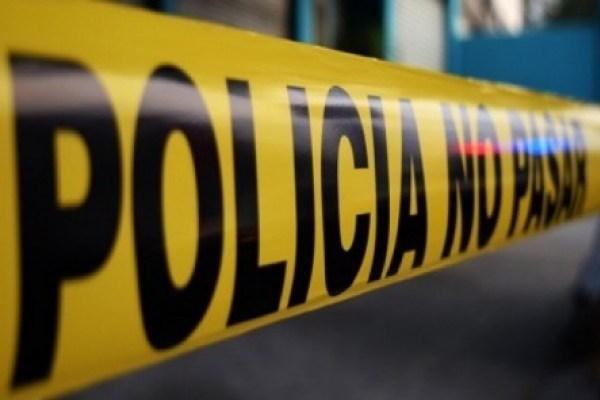
Three people were injured on Friday after a mail package exploded at the Escuela Superior de Gendarmería in Buenos Aires, according to a statement released by Argentina’s Ministerio de Seguridad.
The explosion occurred at 1:49 p.m. local time (16:49 GMT) inside a building located less than one kilometer from the Government House, the ministry reported.
“Personnel from the force handled a parcel that had reportedly been received months earlier and was being stored at the facility. When it was opened, an explosion occurred, causing injuries to two officers,” the statement said.
The ministry added that both injured officers were transported to a hospital and are not in life-threatening condition. “A third officer remains in recovery and is out of danger,” authorities confirmed.
Following the incident, police cordoned off the surrounding area, halted traffic, and evacuated the 11-story building as well as adjacent buildings on the same block.
Mariana Bornio, an employee at a telecommunications company located in a neighboring building, said that as she was being evacuated, she saw one of the injured gendarmes leaving the scene shirtless and covered with a blue medical gown.
International
Top U.S. Military Commander Meets Interim Venezuelan Leaders After Maduro’s Capture
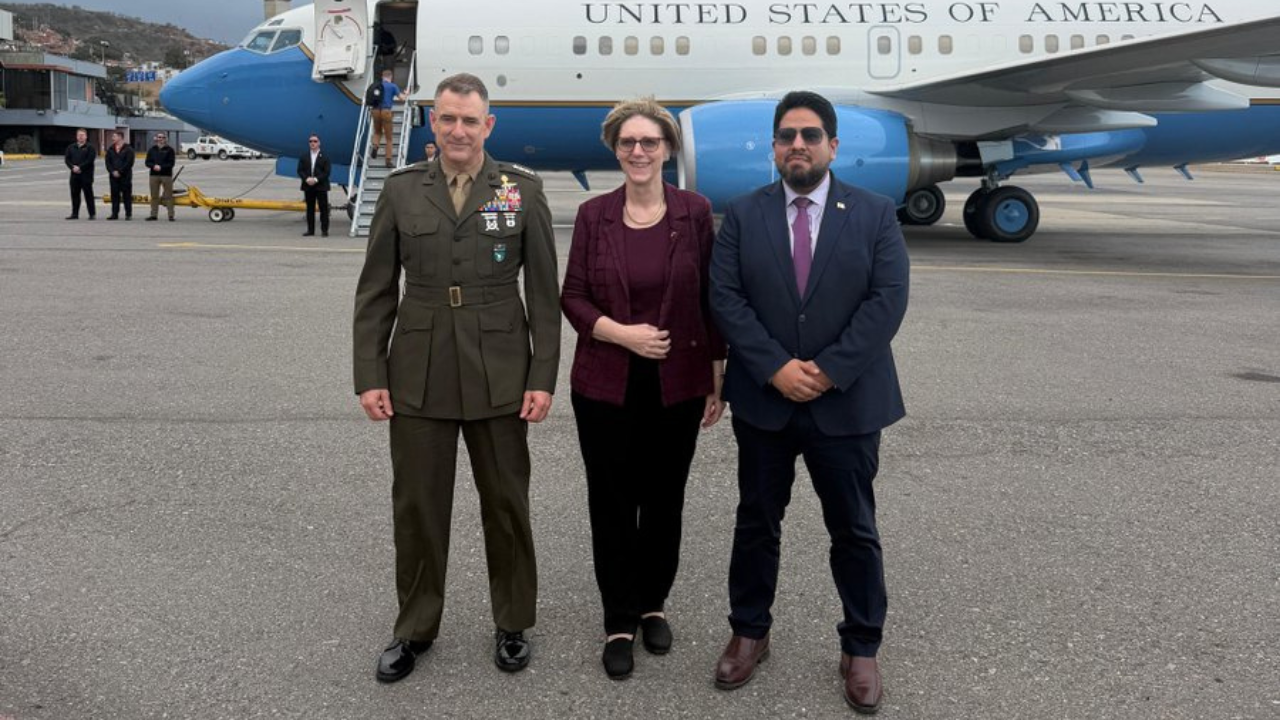
The commander of the United States Southern Command, Marine Francis L. Donovan, visited Venezuela on Wednesday, holding meetings with interim leaders following the recent capture of former President Nicolás Maduro by U.S. forces. The visit, confirmed by both U.S. and Venezuelan officials, marked a significant diplomatic and security engagement in Caracas.
Donovan, accompanied by senior U.S. officials including acting Assistant Secretary of Defense Joseph M. Humire and top diplomat Laura Dogu, met with acting President Delcy Rodríguez and key members of her cabinet, including Defense Minister Vladimir Padrino López and Interior Minister Diosdado Cabello.
According to official statements, discussions focused on strengthening bilateral cooperation on regional security issues, including efforts to combat illicit drug trafficking, terrorism, and migration. Both sides reiterated a commitment to pursuing diplomatic engagement and shared security goals for Venezuela and the Western Hemisphere.
The meetings also discussed progress on a three-phase plan supported by the United States to help stabilize Venezuela, following Maduro’s removal from power and subsequent detention in the U.S. on drug-related charges. This agenda reflects expanding U.S. engagement with Venezuela’s interim government amid broader efforts to restore diplomatic relations and address regional challenges.
The visit concluded on Wednesday, underscoring a growing U.S. focus on cooperation with Venezuelan authorities in the aftermath of major political developments earlier this year.
-
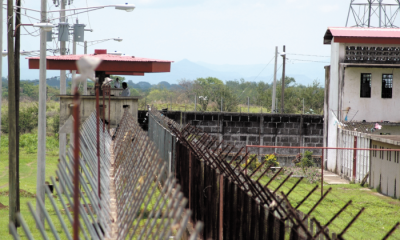
 Central America3 days ago
Central America3 days agoWashington Imposes Visa Ban on La Modelo Director Amid Crackdown in Nicaragua
-
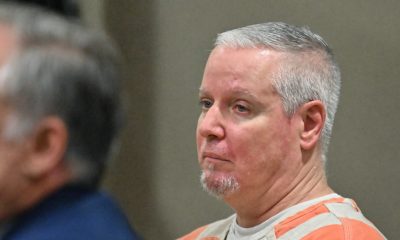
 International4 days ago
International4 days agoFather Faces Murder Charges in Georgia School Shooting Case
-
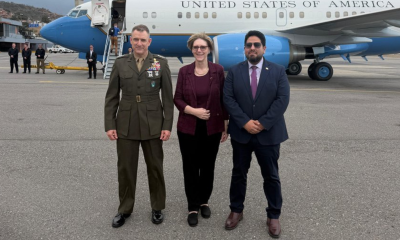
 International2 days ago
International2 days agoTop U.S. Military Commander Meets Interim Venezuelan Leaders After Maduro’s Capture
-
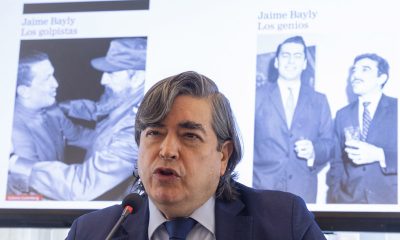
 International3 days ago
International3 days agoBayly Says Trump ‘Gets Along Better With Dictators’ and Criticizes U.S.–Venezuela Policy
-

 International3 days ago
International3 days agoRubio Engages in Quiet Discussions With Castro Family as U.S. Pressures Havana
-
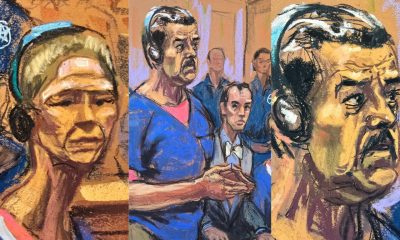
 International3 days ago
International3 days agoMaduro and Cilia Flores Receive Consular Visit in U.S. Jail Ahead of March 26 Hearing
-

 International13 hours ago
International13 hours agoThree Injured in Mail Package Explosion at Buenos Aires Gendarmerie Academy
-

 International4 days ago
International4 days agoSpanish Government Targets ‘Big Tech Impunity’ in AI Image Scandal
-

 International13 hours ago
International13 hours agoU.S. Targets Members of Outgoing Boric Administration With Visa Revocations
-
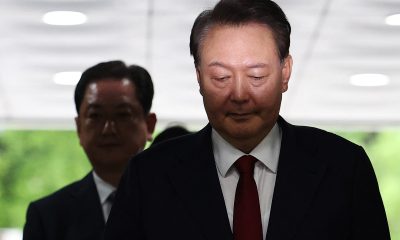
 Sin categoría2 days ago
Sin categoría2 days agoFormer South Korean President Yoon Suk-yeol Sentenced to Life for Insurrection
-
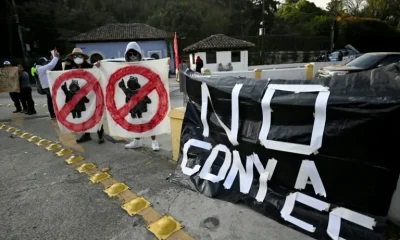
 Central America4 days ago
Central America4 days agoGuatemala’s Attorney General Consuelo Porras Loses Bid for Constitutional Court Seat


























